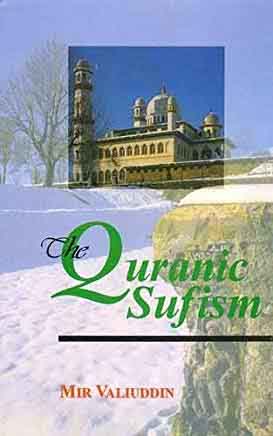Delivery Charge (Based on Location & Book Weight)
Inside Dhaka City: Starts from Tk. 70 (Based on book weight)
Outside Dhaka (Anywhere in Bangladesh): Starts from Tk. 150 (Weight-wise calculation applies)
International Delivery: Charges vary by country and book weight — will be informed after order confirmation.
3 Days Happy ReturnChange of mind is not applicable
Multiple Payment Methods
Credit/Debit Card, bKash, Rocket, Nagad, and Cash on Delivery also available.
This book aims at outlining the fundamental tenets of Sufi mysticism, which derived its inspiration from the teachings of the Quran and developed as 'a process of spiritual culture' within the framework of Islam. The discussion opens with an introduction acquainting the readers with various attempts at a definition of Sufism and an appreciation of what it holds out for its adherents. Chapters are then devoted to delineations of Sufi concepts of God in immanence and transcendence, the worship of God and the descent of the absolute, inward and outward experience of divine presence, the concepts of good and evil, free will and determinism. The author's arguments are put forward convincingly. The exposition is lucid and scholarly. References supplementing the text are from original Arabic sources. Indexes cover names of persons and places and technical terms. The Quranic Sufism is highly acclaimed. It fills the void felt by researchers and scholars as well as general readers.
This book aims at outlining the fundamental tenets of Sufi mysticism, which derived its inspiration from the teachings of the Quran and developed as 'a process of spiritual culture' within the framework of Islam. The discussion opens with an introduction acquainting the readers with various attempts at a definition of Sufism and an appreciation of what it holds out for its adherents. Chapters are then devoted to delineations of Sufi concepts of God in immanence and transcendence, the worship of God and the descent of the absolute, inward and outward experience of divine presence, the concepts of good and evil, free will and determinism. The author's arguments are put forward convincingly. The exposition is lucid and scholarly. References supplementing the text are from original Arabic sources. Indexes cover names of persons and places and technical terms. The Quranic Sufism is highly acclaimed. It fills the void felt by researchers and scholars as well as general readers.
No Specifications























